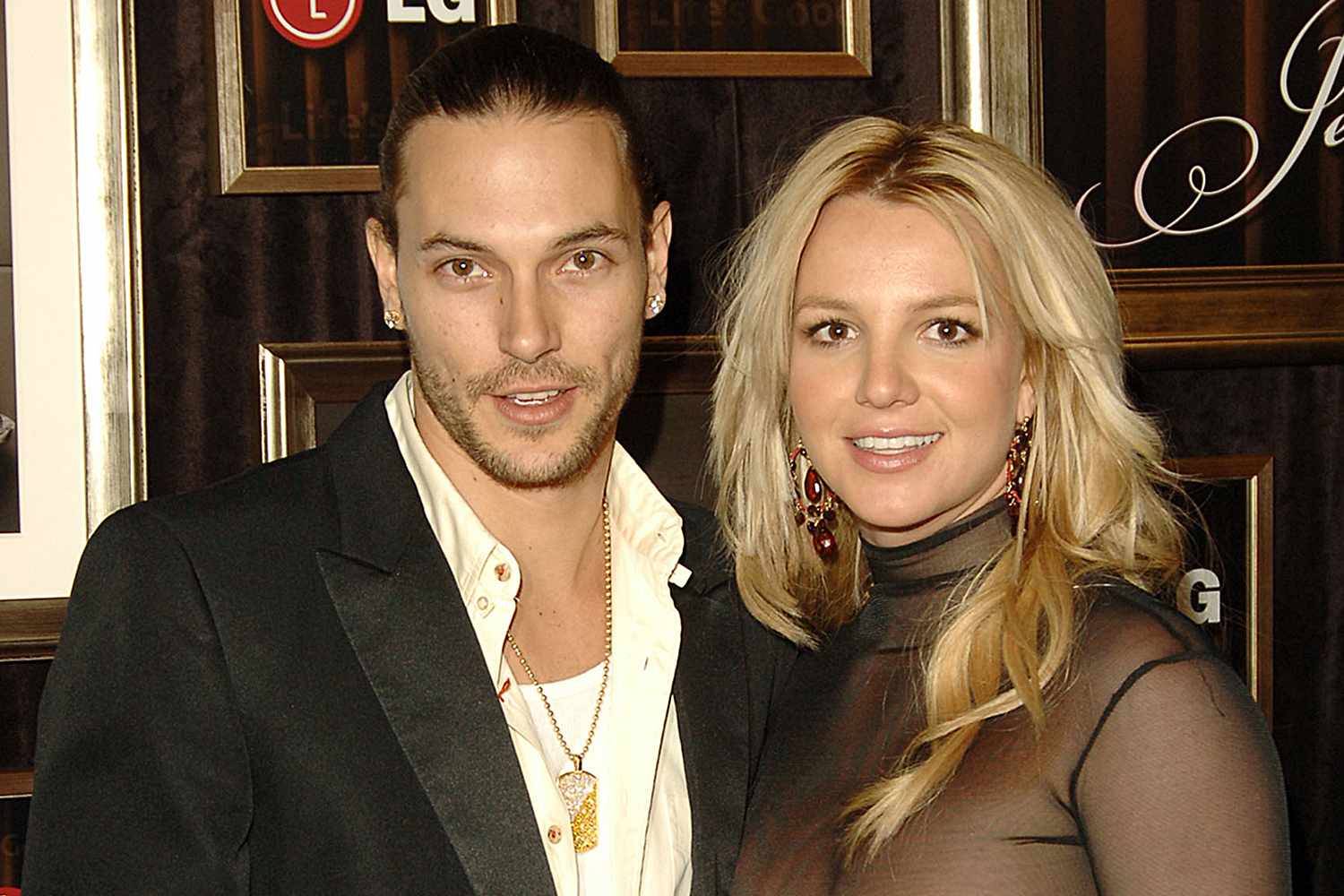October 16, 2025
Could Britney Spears Take Kevin Federline to Court Over His Toxic Tell-All?

Britney Spears has hit her breaking point. Just as Kevin Federline kicks off a promotional spree for his memoir *You Thought You Knew*, Spears has come forward accusing him of exploiting their past relationship for financial gain, labeling his actions as "gaslighting." This accusation raises the critical question of where the boundaries lie between personal storytelling and outright defamation.
Within hours of Federline's interviews, Spears voiced her frustration over being depicted as unstable or absent, denouncing his statements as "white lies" crafted for profit. This scenario isn't just tabloid fodder; it underscores a looming legal battle on the definitions and limits of free speech, especially concerning public figures.
When Storytelling Crosses Into Legal Territory
In the sphere of U.S. law, defamation involves making false statements that are presented as fact and are injurious to someone's reputation. For Spears, proving that Federline's claims were not only false but also published with reckless disregard for the truth is crucial. The memoir's focus on her parenting and mental health could potentially open Federline to claims of defamation, false light, or even intentional infliction of emotional distress if these portrayals are proven to be misleading or harmful fabrications.
High-profile cases like Johnny Depp v. Amber Heard have shown that public figures can prevail in defamation suits if they can demonstrate that false allegations have caused reputational damage. Even indirect implications can lead to substantial legal repercussions if they contribute to a misleading narrative.
Privacy Concerns and the Public Eye
The conversation around Federline's memoir also touches on the sensitive issues of privacy and confidentiality agreements, often part of divorce settlements among celebrities. If their 2007 divorce included such clauses, Federline's book could be seen as a breach of contract, potentially exposing both him and his publishers to legal liability.
Moreover, California's Right of Publicity could play a pivotal role if Spears' identity has been extensively used to market Federline's book without her consent, thus commercializing her persona unlawfully.
Legal Implications of Emotional Distress
Spears' allegations of gaslighting connect with emerging legal discussions that recognize psychological manipulation as potential harm. This area of law, increasingly acknowledged in states like California, considers coercive control and psychological abuse significant factors in both family and civil law contexts. Should Spears demonstrate that Federline's public disclosures have caused severe emotional distress, it might support a claim under Intentional Infliction of Emotional Distress (IIED).
Navigating Family Dynamics and Public Perceptions
This unfolding saga arrives at a delicate time, particularly concerning their two teenage sons. Under California Family Code §3011, a parent’s public persona and actions that might affect their children's mental health or perception can influence custody and visitation decisions. This situation illustrates how the court of public opinion can extend its influence into formal legal settings, impacting family law outcomes.
Ultimately, whether Spears decides to pursue legal action or not, her strong public response serves as a warning to both Federline and potential publishers that she is prepared to defend her rights and reputation vigorously. This case not only highlights the thin line between personal narrative and actionable defamation but also underscores the broader legal challenges celebrities face when personal lives become public commodities.